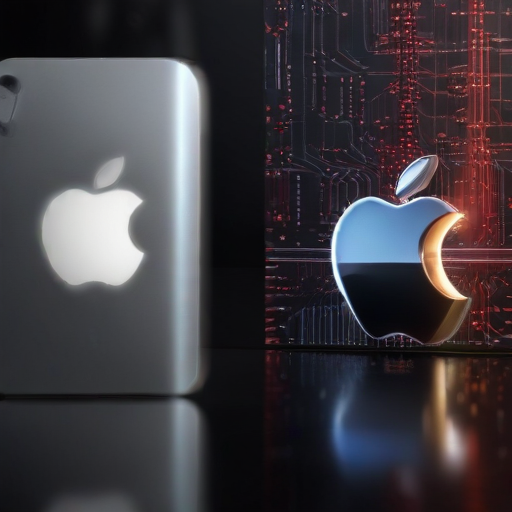Apple has recently introduced an exciting update with the release of iOS 18.2, integrating ChatGPT functionalities into supported iPhone models. This launch was part of OpenAI’s 12 Days of ChatGPT event, during which a live demonstration showcased the new features available to users.
On the same day, Google made waves by announcing its Gemini 2, strategically positioning itself alongside Apple’s rollout. This dual announcement has created a buzz in the tech community, each company vying for attention in the AI landscape.
As an avid user of both iPhone and ChatGPT, I have to admit a bit of envy towards Google’s new offering, specifically the AI agent named Project Mariner. This innovative tool allows users to leverage Gemini 2 for web browsing and task completion — a feature I find missing in ChatGPT. Despite my reservations about privacy, the capabilities presented by Project Mariner are impressive.
Project Mariner is designed to browse the web and process various types of information, including text and images, based on user commands. Users simply type prompts into a Chrome extension, and the AI takes action within that active tab. While this ensures control over the browsing process, it also limits the ability to multitask, which I hope will be addressed in future updates.
The project aims to perform complex tasks efficiently, as demonstrated in a recent video where it swiftly gathered contact emails for several companies. However, while security measures are prioritized—like asking for confirmation before sensitive actions—there remain significant privacy concerns. Google has not provided sufficient information about data handling when using Project Mariner, raising questions about how user data is treated.
In comparison, Apple focused on user privacy in its launch, setting a standard for transparency. Users deserve clarity regarding the implications of utilizing AI agents like Project Mariner, especially concerning personal data.
Moreover, many potential users may share my desire for customization options, including the ability to reject cookies and limit data exchanges. A premium model, where users can ensure their privacy without compromising on features, may be a favorable solution.
While Project Mariner currently operates exclusively within the Google ecosystem, could future releases allow it to function across different browsers or incorporate user-defined search engines? There’s room for growth and improvement, as Google’s dominance in the market raises important questions about monopolistic practices.
In summary, both Apple and Google are making strides in integrating AI into everyday technology, ushering in a new era of digital assistance. However, as exciting as these developments are, the emphasis on privacy and data protection remains paramount. As technology continues to evolve, ensuring user trust should be at the forefront of these innovations. With increased awareness and demand for privacy, it’s hopeful that companies will prioritize transparency to foster a safe user experience.
